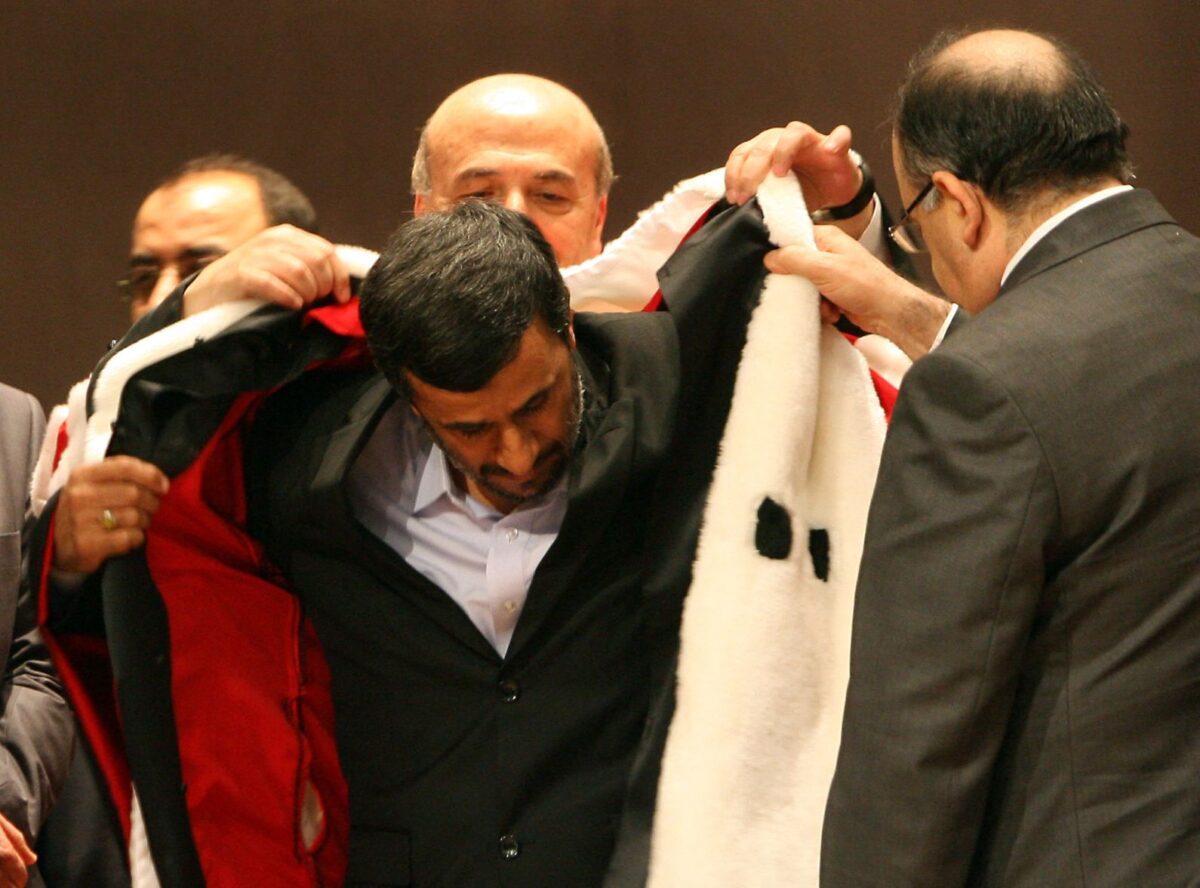
The academic scandal that recently unfolded at the Lebanese university has revealed layers of fraud and corruption involving grade manipulation, faked signatures, exam paper swaps, and organized cheating
This recent scandal is considered highly serious as it hits the reputation of Lebanon’s only public university and the country’s higher education system overall.
Lebanon’s General Directorate of State Security announced that it has uncovered extensive cases of forgery and grade manipulation within the Faculty of Law, Political, and Administrative Sciences at the Lebanese University.
The investigations exposed multiple forms of tampering, including the swapping of exam papers, the forging of professors’ signatures, and the alteration of grades, both directly on exam sheets and through the university’s electronic grading system.
Currently, 16 people have been charged, including three who remain in custody under the Mount Lebanon Public Prosecutor’s Office.
As the investigation progresses, the Lebanese university now stands at a critical crossroads between enforcing real accountability to restore its credibility and academic integrity overall, or it risks deeper institutional damage and a loss of public trust.
Institutional corruption
The case also involves several IT and administrative staff members, some of whom have been suspended or arrested. The internal corruption at the university has even reached a point where financial transfers to one professor totalling $22,000 have been traced back to students.
In an interview with NOW, Member of Parliament and science professor Najat Saliba said: “They have ruined the reputation of a university that houses over 80,000 students. So for us, this is an institution that has to be re-examined, and those who have contributed to the corruption have to be let go and held accountable for their actions.”
For Dr Najat, political interference has confiscated the decision-making in the university and has played a role in the corruption and mismanagement of the students’ future.
Foreign students – missed attendance & forged degrees
Sources indicate that the acting dean of the Faculty of Law allowed the registration of foreign students, particularly Kuwaitis, under the pretext of promoting the university’s international profile.
Attendance records were reportedly ignored, even though 70 per cent class participation is mandatory for Master’s programs.
Among those affected by the scandal are the students of the Lebanese University themselves, as many feel betrayed with their hard work being undermined by the recent news.
Rana, a third-year law student at the Lebanese University, spoke with disappointment to NOW, saying that the Lebanese University is supposed to be the people’s university, the one place where they believed merit still mattered, making Rana and her peers question the value of their degrees and the fairness of the University’s system, especially for those who have worked hard.
“We really hope that those responsible and every person involved will be held accountable, even the students, not just members from the university,” said Rana.
What’s next?
Amid the growing scandal and the scale of the case, Prime Minister Nawaf Salam announced that the Minister of Education and Higher Education, Rima Karami, will file a formal complaint with the Public Prosecutor’s Office to initiate the necessary legal proceedings.
This latest incident adds to a growing list of corruption scandals shaking Lebanon’s higher education system, from allegations of grade tampering at the Lebanese University to the sale of forged degrees, deepening public distrust in academic institutions already struggling under years of political interference and financial collapse.
Dr Saliba believes that just because the Kuwaiti government has asked for a complete investigation into the matter, this might lead to results.
“I insist this is not the only case, and I really call as a parliamentarian for a full investigation into all the files that are mismanaged in the Lebanese University,” added Dr Saliba.
The President of the Lebanese University, Dr Bassam Badran, has suspended the Director of the Faculty of Law’s first branch amid the grade-fraud scandal and appointed an interim director to take over his duties pending the outcome of the investigation.
The Executive Committee of the Full-Time Professors’ Association said it is closely monitoring the investigations into forged exam results at the Faculty of Law and Political Science (First Branch), as well as emerging allegations of financial and administrative misconduct at the Faculty of Arts and Humanities (Third Branch) where reports claim that students were allowed to graduate before final results were even issued.
The committee stressed that it “has not and will not cover up any violations or misconduct,” particularly in relation to the Faculty of Law scandal, asserting that no one is above the law.
It called for transparent and strict accountability for all those found complicit in actions that “distort the image of this national institution, which represents the conscience of the nation in public higher education.”
In an interview with NOW, Former Minister of Education and Higher Education Abbas Halabi said: “The university president took action because he absolutely refuses, as do we, to allow the reputation of the Lebanese University to be tainted by an individual incident that benefited only a small number of students, some of whom hold non-Lebanese nationalities. It is also possible that certain administrative officials at the university benefited financially from the matter.”
Abbas Halabi was the minister of education during one of Lebanon’s toughest periods, economically and socially, which had a direct impact on the country’s education overall.
He told NOW that during his tenure, the ministry had to deal with “many such violations by some institutions. These were, of course, administrative breaches, but our main concern was to protect students’ academic standing and not hold them accountable for the mistakes made by certain universities.”
“As for the criminal aspect,” Dr. Halabi added, “this case remains an isolated incident and is not widespread in higher education.”
He emphasized that if the matter indeed proves to be isolated, it should not be generalized or allowed to tarnish Lebanon’s academic reputation. “That is why it is crucial to ensure that the investigations uncover the full truth, without any attempt to cover up for anyone,” he concluded.
Rodayna Raydan is a Lebanese-British journalist. You can follow her on Twitter @Rodayna_462








